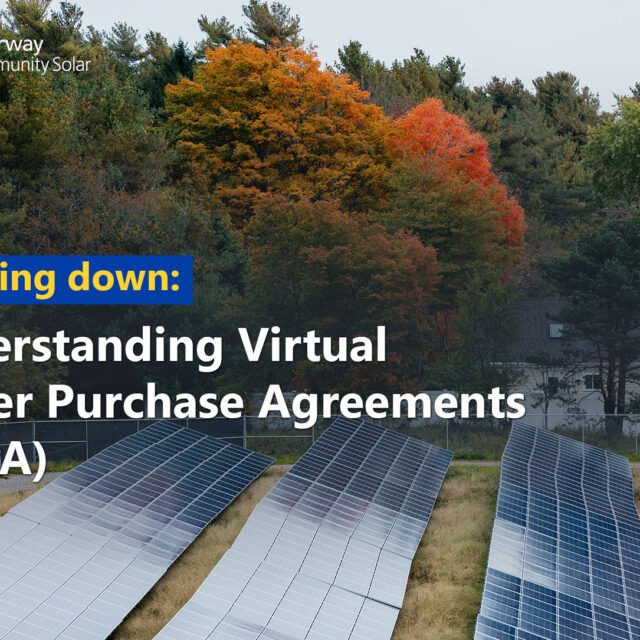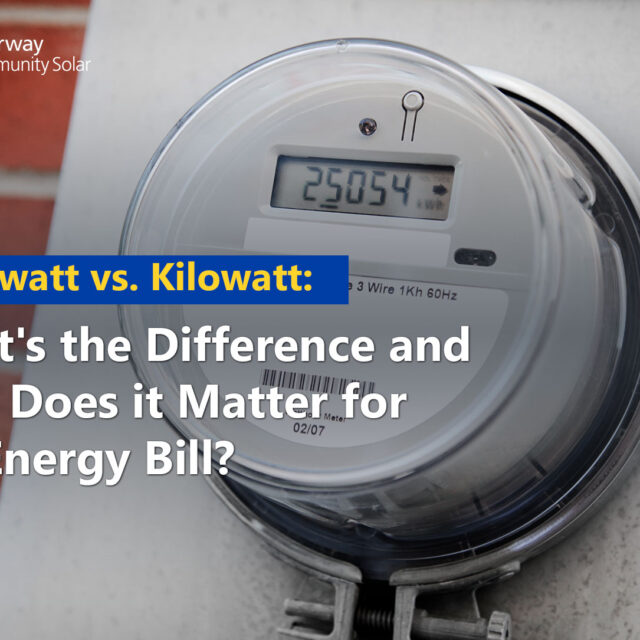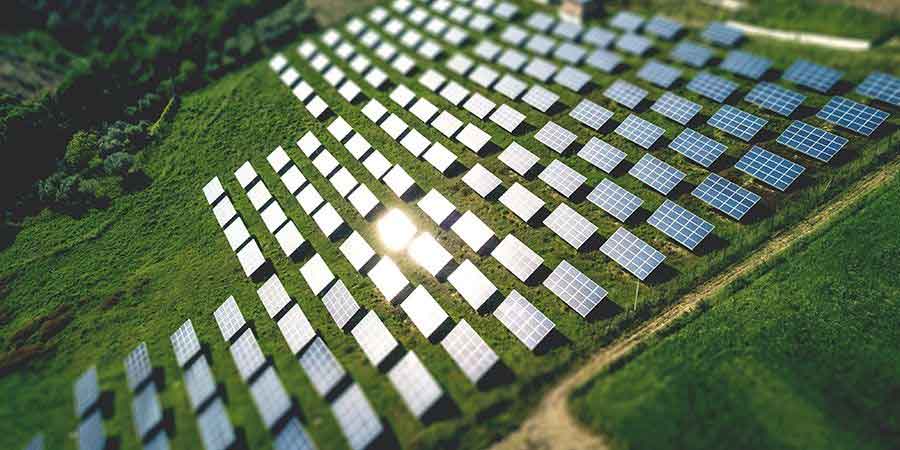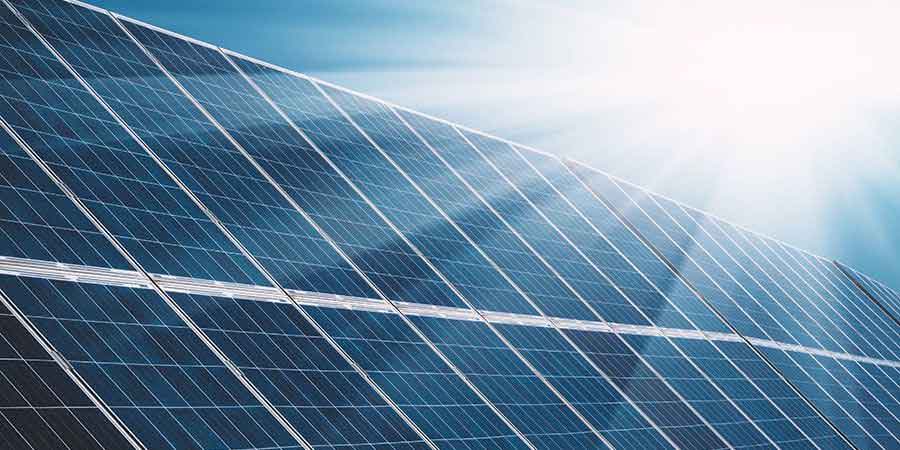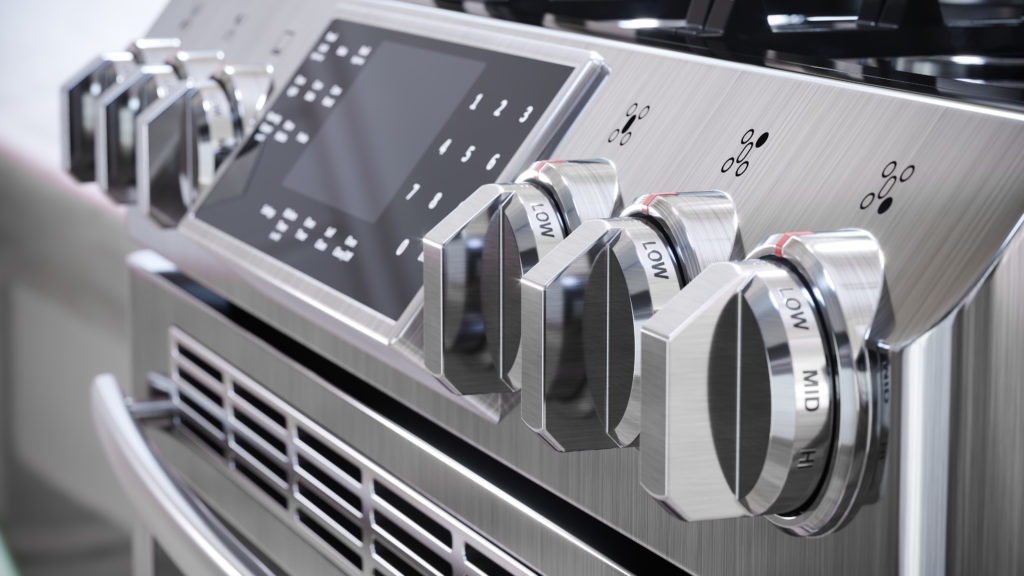
If you are building a new home or making renovation plans for an existing space, you may be wondering what type of appliances are the most energy-efficient – that means healthy for the environment and your wallet. When it comes to green building practices, choosing between gas or electric appliances can be tough, as both have their own positive and negative features. It’s also important to think about your personal preferences and your location, as these can have a big impact on which option is best for your home. We’ve put together a quick breakdown of the details to help you make the right decision.
Shopping For Energy Efficient Appliances
Did you know that when you go shopping for appliances, you really need to be checking two separate price tags? That’s right. The first price that you see is the price that it will cost to take that appliance home today. Look carefully though. There is a second tag that will tell you the cost of running that appliance over time. Energy efficient appliances should have a lower long-term cost, which is an important consideration when factoring in both budget and your carbon footprint. Appliances that bear the Energy Star logo typically offer a lower lifetime average cost, but be sure to do your homework.
Facts About Electric Appliances
Many electrical plants used to rely on processes that required the conversion of fossil fuels, specifically coal, which contributed to pollution in the air. This led to a poor reputation for appliances that rely on electricity. However, many plants have now moved away from fossil fuel sources and instead rely on hydroelectric power and nuclear power, which produce fewer emissions. There are also now more renewable energy options available directly to homeowners that help with conservation efforts as well.
The overall cost of using outdated electric appliances can be higher than gas options, however, this is often countered by replacing older model appliances and installing high-efficiency models. Converting an existing home that is set up for electrical usage to gas can be incredibly cost-prohibitive, so calculate carefully before you switch to gas instead of simply upgrading your electric appliances.
Facts About Natural Gas Appliances
When it comes to environmental impact, gas is incredibly clean-burning when compared with other fossil fuels. Gas appliances are cheaper to operate than electric appliances, but they do run the risk of polluting indoor environments if they aren’t installed and vented correctly.
Gas appliances, including stoves and ovens, typically have fewer overall parts and require less maintenance than their electric counterparts. While some gas appliances, such as gas dryers, do use a small amount of electricity to run, they are more efficient and will dry clothes faster than those that rely on electric heating sources alone.
One benefit of choosing natural gas appliances is that they will still run even if the power goes out. This is an important consideration for those who live in areas that are prone to hurricanes and other types of warm-weather storms that can knock power out for days, weeks, or even months at a time.
How To Choose The Right Energy Option For Your Home
When it comes to gas vs. electric appliances, there are a number of personal considerations. Choosing Energy Star rated appliances and taking steps to reduce the overall energy usage in your home with renewable energy sources like solar, go a long way towards making a difference for the environment and your piggy bank.
